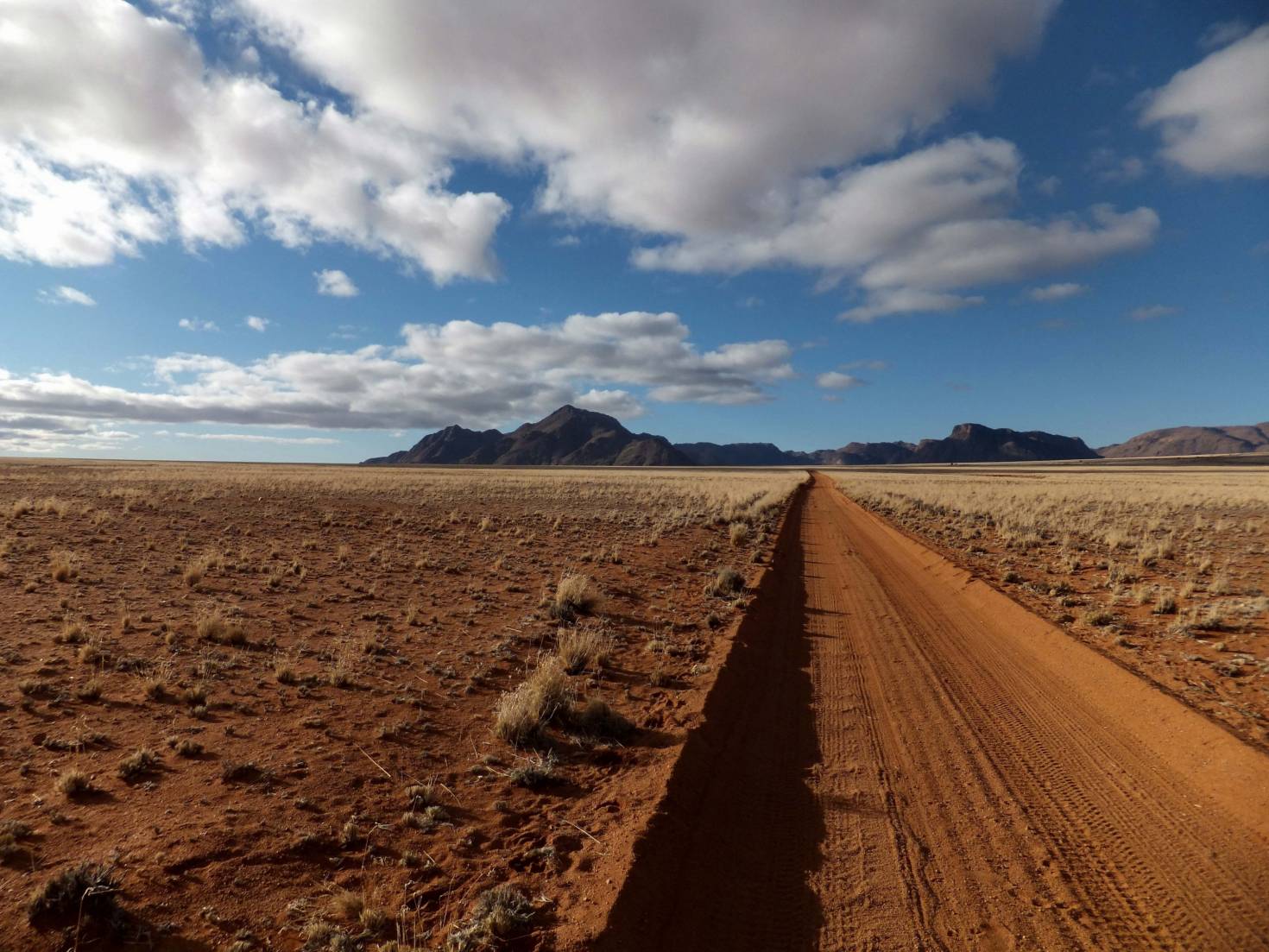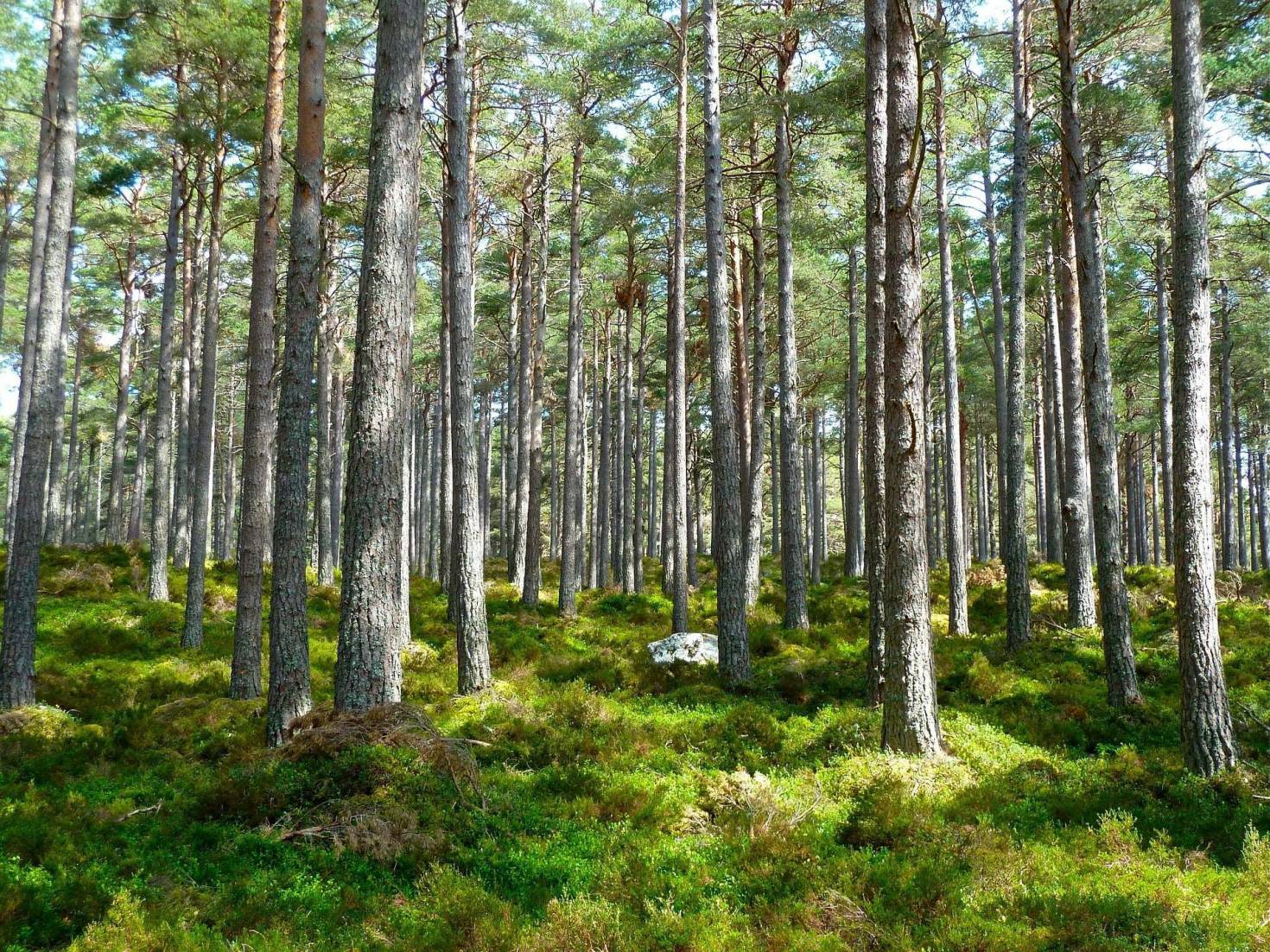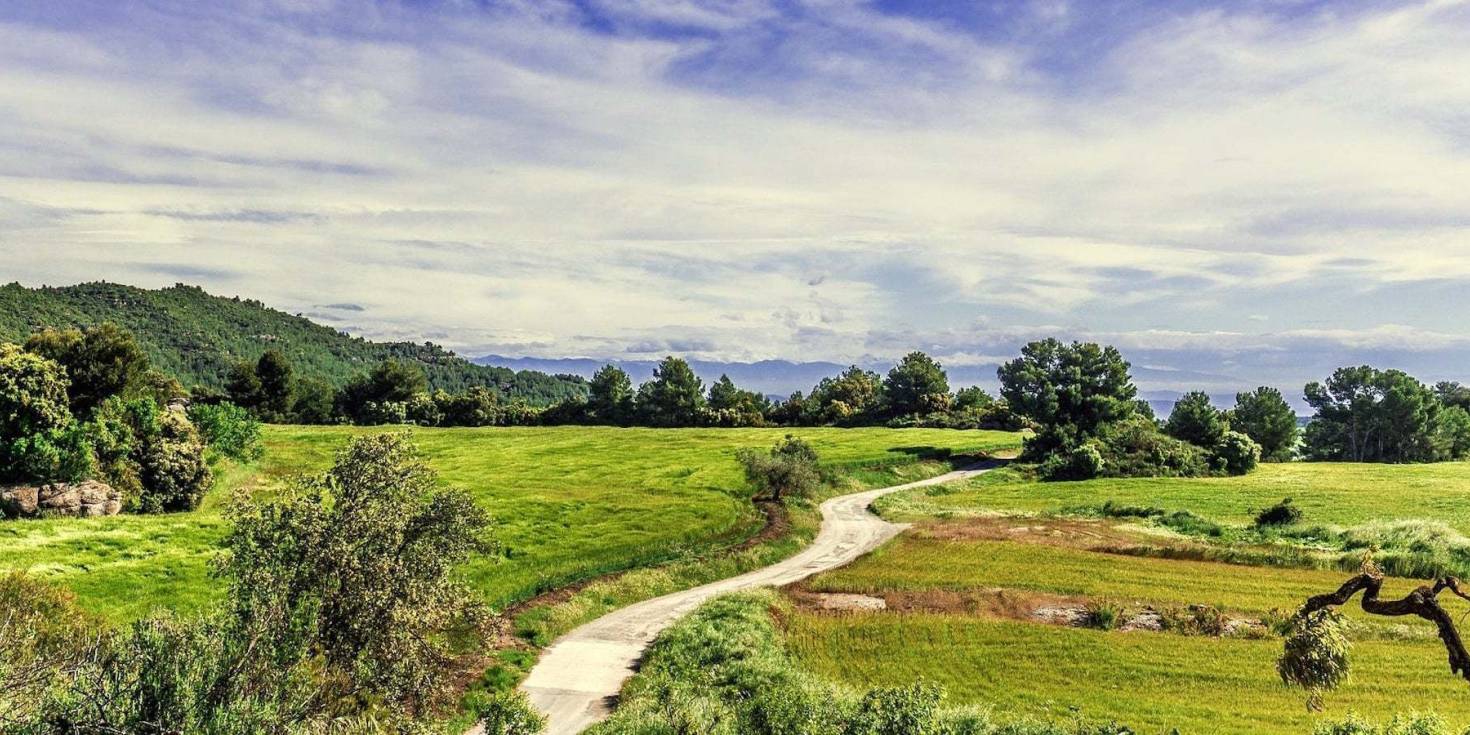At first glance, buying land can seem like a simple investment. It has the potential to be a hands-off asset and can be very versatile. Whether you’re buying residential property to flip for a profit or recreational land to use for your own personal enjoyment, it can be more complicated than you think. There are potential problems to watch out for and scenarios to consider before making an offer. Even if you're looking at some of the cheapest land in America, it’s crucial to investigate and research the property before you buy it to try to avoid any surprise issues from arising in the future.
The right questions to ask can vary depending on what you plan to do with the land. Want to learn more about different land uses? Check out our article on understanding land uses and land types. These questions are general in nature and are designed to get you off to a good start as part of your due diligence process. The answers to some questions may warrant a lower offer, while the answers to others could lead to walking away from the deal.

A common mistake land buyers make is they enter into the process unprepared. Doing research on the property by answering the following questions can help ensure you make a good investment (they're not in order of importance as all questions are considered important):
- Is owner financing available?
- Is the lot buildable?
- Has the property been surveyed and are boundaries clearly marked?
- Are utilities, septic systems, or any wells available to serve the property?
- How is the property zoned?
- Is it governed by a Homeowner’s Association?
- How is the property accessed? Is there access to a public road?
- Are there water features on the property such as rivers, streams, or lakes?
- Are the mineral, water, and timber rights conveyed with the property?
- Are there any liens, protective covenants, or deed restrictions?
- What is the topography of the property?
- Is the lot located in a flood zone?
- How is drainage on the property? Has a perc test been performed?
- Are there health, safety, or environmental hazards linked to the land?
- Are there any easements on the property?
- How was the property previously used?
- How do the surrounding properties look? Are there development plans?
- How soon can the current landowner close the deal?
- What are the annual property taxes?
- Is a clear title available in the form of a General Warranty Deed?

This list is not meant to be exhaustive, it’s simply a starting point. There will be other questions you’ll want to ask depending on what use you have in mind when buying land for sale. To learn more about purchasing land, take a look at our step-by-step guide on how to purchase land. A key ingredient in a good investment is preparation and being a well-informed buyer. Knowledge is power. As you increase your knowledge of the property you're interested in, you decrease the amount of risk associated with it and can feel reasonably secure about your investment.

